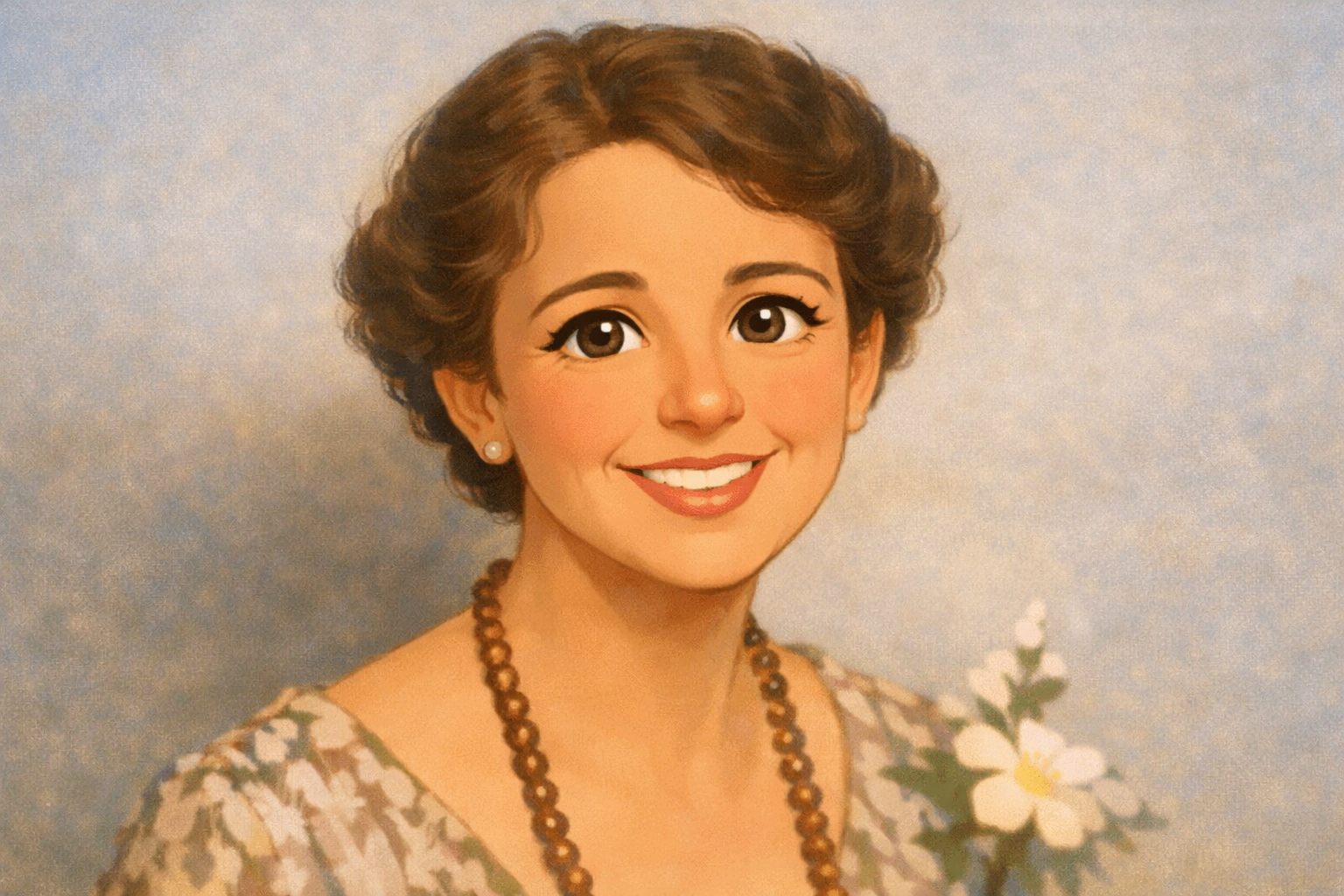Anna Eleanor Roosevelt was born on October 11, 1884, in New York City, into one of America’s most prominent families. But privilege did not shield her from sorrow. By the time she was ten, both her parents had died, leaving her shy, lonely, and uncertain.
From that loneliness, however, would grow empathy — the quality that would define her life.
A Young Woman Finding Her Voice
At fifteen, Eleanor was sent to Allenswood Academy in London, where the headmistress, Marie Souvestre, encouraged independent thinking and social responsibility. It was here that Eleanor discovered her voice.
Returning to New York, she volunteered in settlement houses, teaching immigrant children and working among the poor — experiences that would later shape her politics.
A Marriage of Two Paths
In 1905, Eleanor married her distant cousin, Franklin Delano Roosevelt. They would have six children (five survived infancy), but their marriage was tested by illness and infidelity.
When Franklin was struck by polio in 1921, leaving him paralyzed from the waist down, Eleanor’s life changed. She became his political partner, standing in for him at public events, speaking in his stead, and building her own network of activists and reformers.
“You gain strength, courage, and confidence by every experience in which you really stop to look fear in the face.”
The First Lady Who Broke the Mold
When Franklin became president in 1933, Eleanor redefined what it meant to be First Lady. No longer a ceremonial hostess, she became a champion for the underrepresented.
She held press conferences for women journalists, wrote a daily newspaper column called “My Day,” and traveled across the country, listening to ordinary citizens during the Great Depression.
“Where, after all, do universal human rights begin? In small places, close to home.”
During World War II, she visited troops overseas, boosted morale, and advocated for refugees. She was fearless, often at odds with advisors who wished she would be less outspoken.
First Lady of the World
After Franklin’s death in 1945, Eleanor could have stepped away from public life. Instead, she became an even larger figure. President Harry Truman called her the “First Lady of the World.”
At the newly formed United Nations, she chaired the committee that drafted the Universal Declaration of Human Rights.
On December 10, 1948, as she read its adoption, the world heard not just a diplomat, but a mother of humanity.
“Where, after all, do universal human rights begin? In small places, close to home… such are the places where every man, woman, and child seeks equal justice, equal opportunity, equal dignity without discrimination.”
Later Years
For the rest of her life, Eleanor continued to speak, write, and inspire. She worked for civil rights, women’s rights, and social justice at home and abroad. Even when ill, she refused to retreat.
She passed away on November 7, 1962, at the age of 78. At her funeral, President John F. Kennedy called her a “teacher of us all.”
The Light She Left
Eleanor Roosevelt transformed the role of First Lady into that of activist, diplomat, and advocate. She proved that politics could be rooted in compassion and that one voice could echo across the world.
Her legacy endures in every movement for human rights, in every voice that speaks for those unheard, and in the dream that the world can be kinder, fairer, and more just.
Eleanor Roosevelt lived a life of relentless service until her passing in 1962. She was called “The First Lady of the World,” not as a title of honor, but as recognition of a heart that knew no borders.
She taught us that courage is not the absence of fear, but action in spite of it. That leadership is not power, but service. That love is not weakness, but the strongest force of all.
And so, her life whispers to us still:
“It is better to light a candle than curse the darkness.”
“Do one thing every day that scares you.”
“Great minds discuss ideas; average minds discuss events; small minds discuss people.”
“Happiness is not a goal; it is a by-product of a life well-lived.”
“The purpose of life is to live it, to taste experience to the utmost, to reach out eagerly and without fear for newer and richer experience.”
